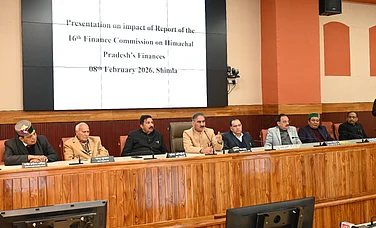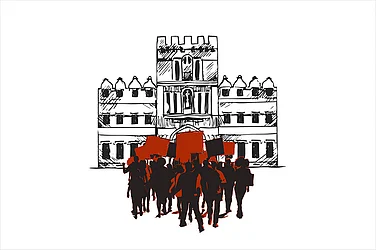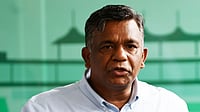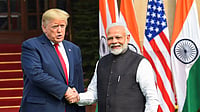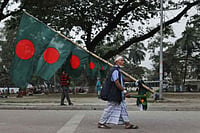An apex body of psychiatrists in India has said members of the LGBTQA community should be treated like all citizens of the country and have access to marriage, adoption, education, employment, property rights, and healthcare.
There is no evidence to indicate that lesbian, gay, bisexual, transgender, queer, and asexual (LGBTQA) individuals cannot partake any of the above, and discrimination that prevents the above may lead to mental health issues, the Guruguram-headquartered Indian Psychiatric Society (IPS) said in a statement issued on April 3.
It said that in 2018, the IPS had supported the decriminalisation of homosexuality and those from the LGBTQA spectrum under Section 377 of the Indian Penal Code as well as stated that these are variants of normal sexuality, not deviant and certainly not an illness.
"The IPS would like to reiterate that these individuals be treated like all citizens of the country, and once a citizen (they) can enjoy all civil rights like education, employment, housing, income, government or military service, access to healthcare, property rights, marriage, adoption, survivorship benefits, to name a few,” it said.
“There is no evidence to indicate that individuals on the LGBTQA spectrum cannot partake in any of the above. On the contrary, discrimination which prevents the above may lead to mental health issues,” the psychiatric society said.
The IPS is very cognisant that a child adopted into a same-gendered family may face challenges, stigma, and or discrimination along the way. Once legalised, such parents of the LGBTQA spectrum must bring up their children in gender neutral, unbiased environment, it said.
It is also of utmost importance, that the family, community, school, and society, in general, are sensitised to protect and promote the development of such a child, and prevent stigma and discrimination at any cost, the IPS added.
Psychiatrist Body Supports Right To Marriage, Adoption For LGBTQA Community
Psychiatrists in India have said members of the LGBTQA community should receive the same treatment as Indian citizens, including access to marriage, adoption, education, employment, and healthcare.
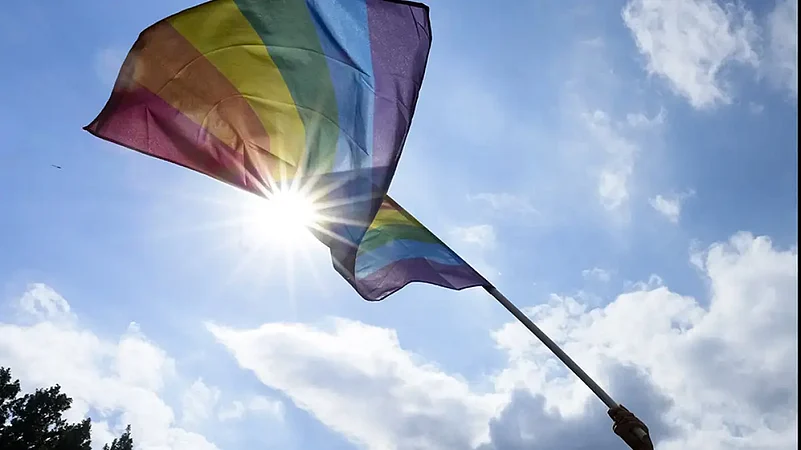
Psychiatrist Body Supports Right To Marriage, Adoption For LGBTQA Community
Psychiatrist Body Supports Right To Marriage, Adoption For LGBTQA Community
Published At:
MOST POPULAR
WATCH
MORE FROM THE AUTHOR
×







